Question And Answer
Publications
Articles, publications, books, tools and multimedia features from the U.S. Institute of Peace provide the latest news, analysis, research findings, practitioner guides and reports, all related to the conflict zones and issues that are at the center of the Institute’s work to prevent and reduce violent conflict.

Steve Hege on Colombia's Presidential Runoff Vote
With no establishment candidate left, Colombia's June 19 presidential runoff reflects voters' perception that "things [on] the ground are quite bleak" as the remaining candidates "promise significant degrees of change for Colombia and its relationship with the United States," says USIP’s Steve Hege.
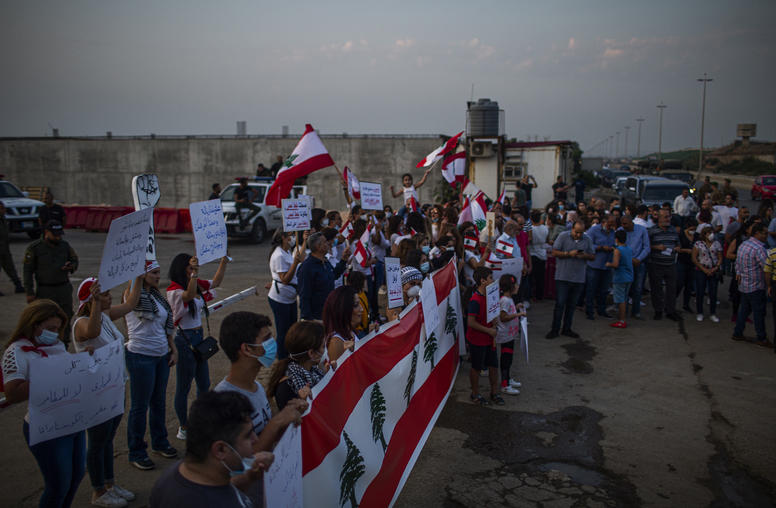
Lebanon’s Election Offers Lessons for Now and the Future
As the minister of interior announced the results of Lebanon’s May 15 legislative elections, speculation began about whether or not the configuration of the new parliament foretold a brighter future for the tormented country. While some of the results indicate positive breakthroughs and progress, there are several nuances indicating that much greater change is still needed to put the country on a steady path to recovery.
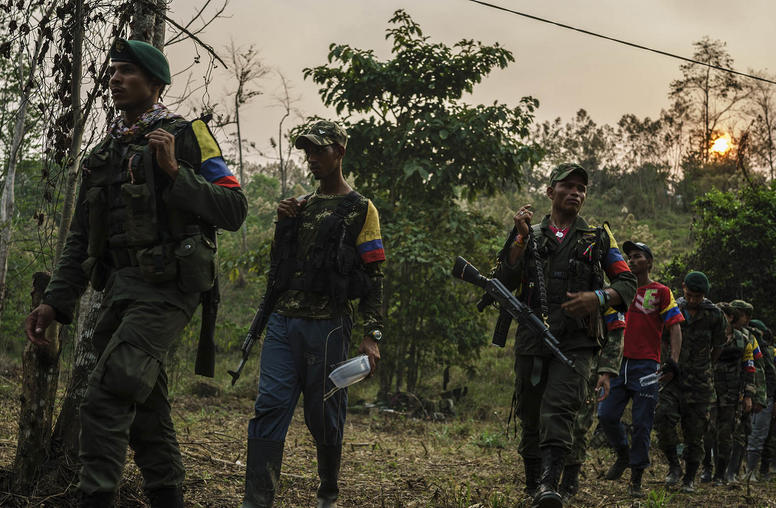
Mounting Security Challenges Await Colombia’s Next President
In the first round of Colombia’s presidential elections, long-standing opposition leader Gustavo Petro and newly emerged outsider Rodolfo Hernández both handily defeated the conservative establishment candidate Federico Gutiérrez. The latter’s third-place finish signals Colombians’ resounding rejection of the country’s status quo and a rebuke of the political establishment and predominant elites.
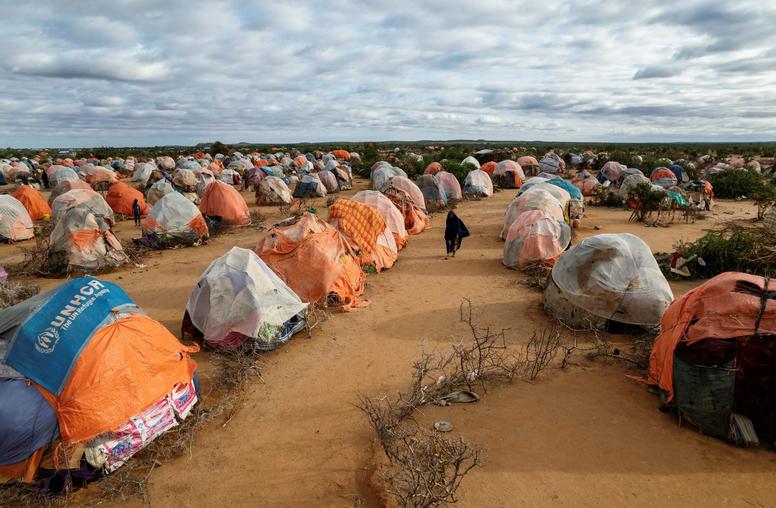
Somalia’s Critical Transition Comes amid al-Shabab and Hunger Challenges
On May 15, Somali legislators selected former president Hassan Sheikh Mohamud to reprise the chief executive role he played from 2012-2017. The vote marks a critical transition for Somalia and in the Horn of Africa, particularly after the election was delayed by two years and marred by corruption and violence. President Hassan Sheikh will return to power in a country seemingly splitting at the seams, amid a devastating drought, a metastasizing terrorist threat and a fractious political scene. Meanwhile, President Biden has decided to redeploy U.S. troops to fight the terrorist group al-Shabab, reversing a move made by President Trump at the end of his term.
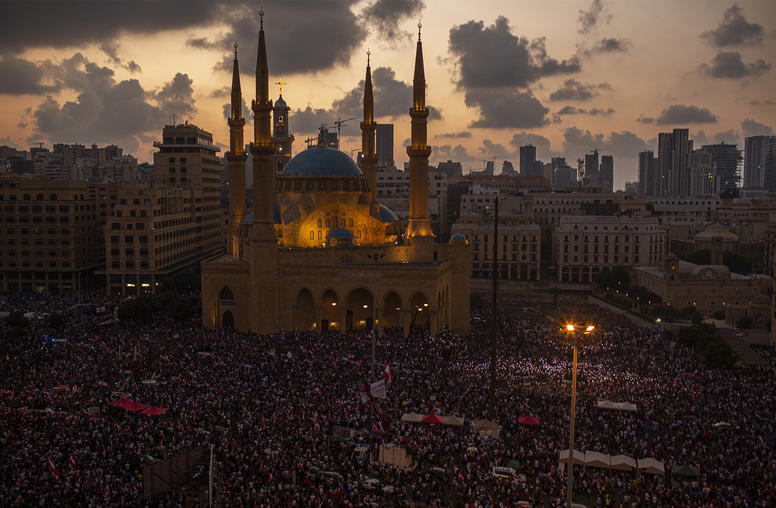
Lebanon’s Vote and the Prospect of Long-awaited Political Reform
On May 15, Lebanon held its first election since mass protests swept the country in October 2019. Trigged by economic crisis and profound frustration with an inept, detached ruling establishment, the protest movement sparked hope that real change to the country’s anachronistic, corrupt political system was in the offing. Fast forward nearly three years, and such promise seems to have been extinguished by the calamitous August 2020 Beirut port explosion, traditional party supporters’ efforts to stifle new opposition movements, and an historic economic collapse.
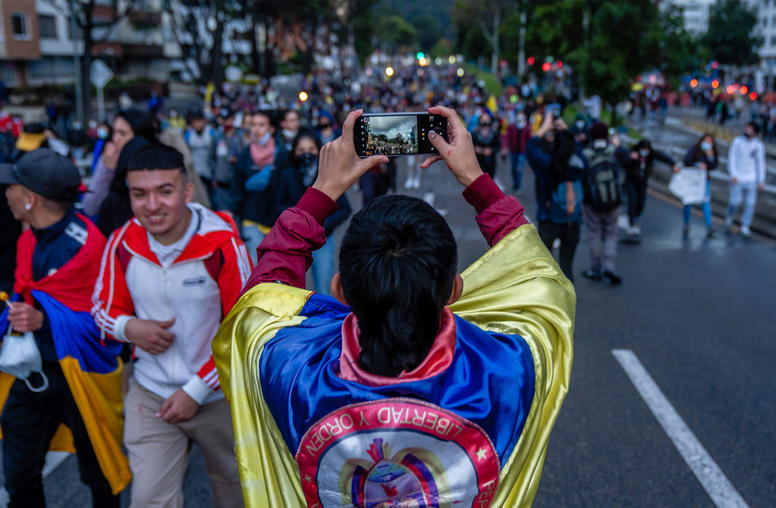
Vice-Presidential Candidates Lay Out Visions for Colombia’s Future
Colombia is on the precipice of historic presidential elections amid a backdrop of significant social unrest, deepening polarization and the escalation of the country’s six-decade old armed conflict. Last year’s nationwide mass protests sprung up over worsening racial and socioeconomic inequality in most of the country’s major urban metropolitan centers, and a heavy-handed police response only served to worsen the crisis.
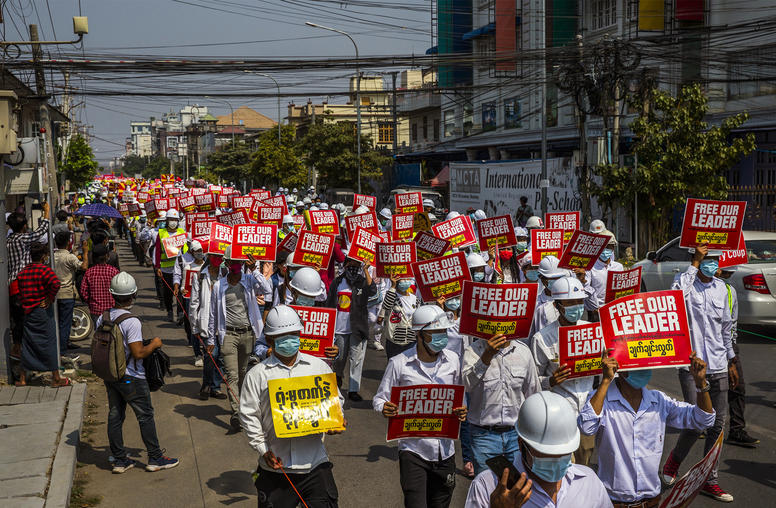
U.S.-ASEAN Summit: A Chance to Explore New Steps to Resolve Myanmar’s Conflict
The February 2021 coup in Myanmar, which overthrew an elected government and installed a brutal military dictatorship, has posed an enormous challenge to the Association of Southeast Asian States (ASEAN). The group has split on what — if any — action to take regarding the coup. Meanwhile, the military’s unbridled violence against the country’s citizens failed to suppress an increasingly militarized opposition and the conflict now affects ASEAN states bordering Myanmar and those beyond. As the U.S.-ASEAN Special Summit gets underway this week in Washington, Myanmar will not be present, a symbol that the organization — as a whole— does not accept the coup government’s legitimacy. What’s next remains to be seen.
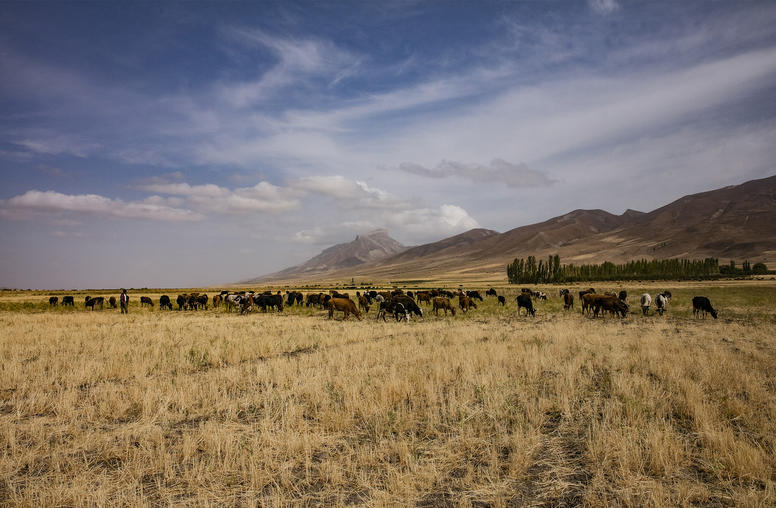
Russia’s Ukraine War Weighs Heavily on Tajikistan
The Russian invasion of Ukraine has left the five republics of Central Asia in a bind, but none more so than Tajikistan, a fragile country that depends on Russian troops and remittances for stability. As former Soviet republics, Central Asian states all enjoy special relations with Moscow and are considered traditional allies of the Russian Federation. The invasion of Ukraine — another former Soviet republic — raises urgent questions for Tajikistan about how to meet Russian expectations of support from Dushanbe in the face of global outrage and condemnation.
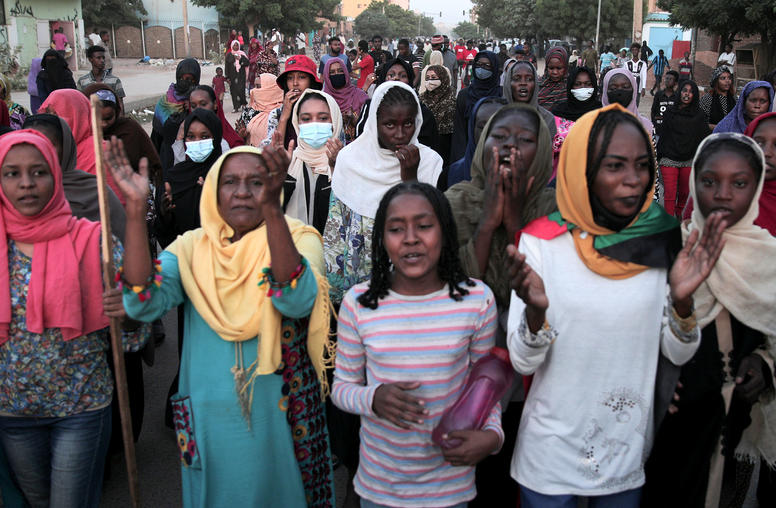
Darfur after Bashir: Implications for Sudan’s Transition and for the Region
This report examines the role of Darfur in Sudan’s domestic politics and international relations since the overthrow of Omar al-Bashir in 2019. It traces how Darfur’s importance has shifted with the growing aspirations and power of Mohamed Hamdan Daglo – more commonly known as Hemetti – and the Rapid Support Forces that he governs. It concludes by examining where Western actors may have leverage to push for both peace in Darfur and civilian rule.
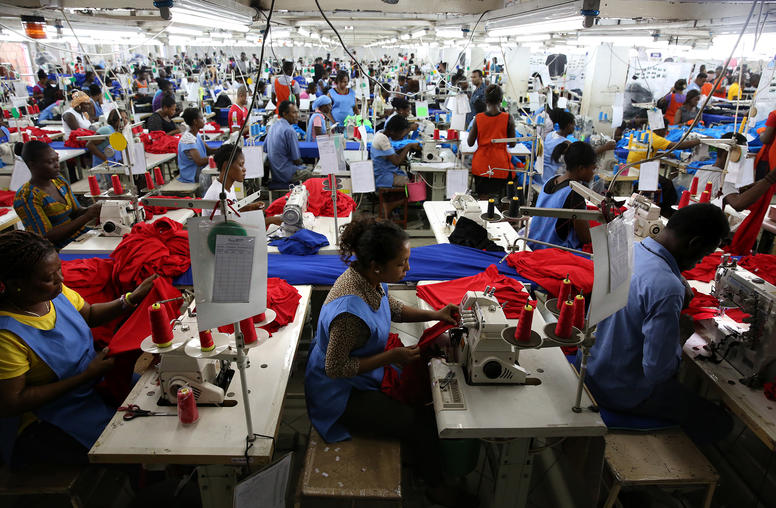
Countering Coups: In Africa, Use Investment to Build Rule of Law
Policymakers are urgently seeking ways to reverse the erosion of democracy in fragile states exemplified by the past year’s surge in military coups in and around Africa’s Sahel region. To halt this decline, it’s vital to listen to African voices urging that international partners make the most of a powerful pro-democracy tool: increased foreign investment built upon the rule of law.